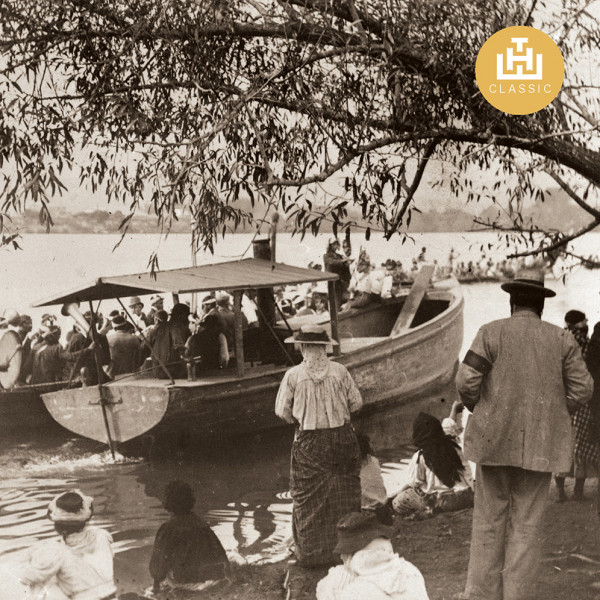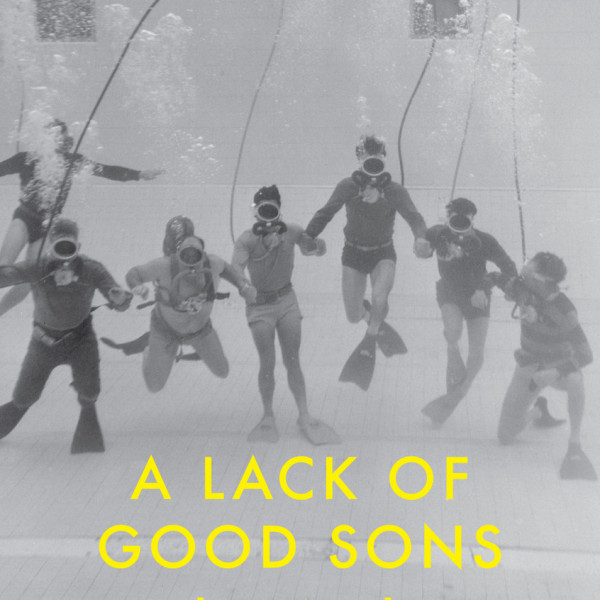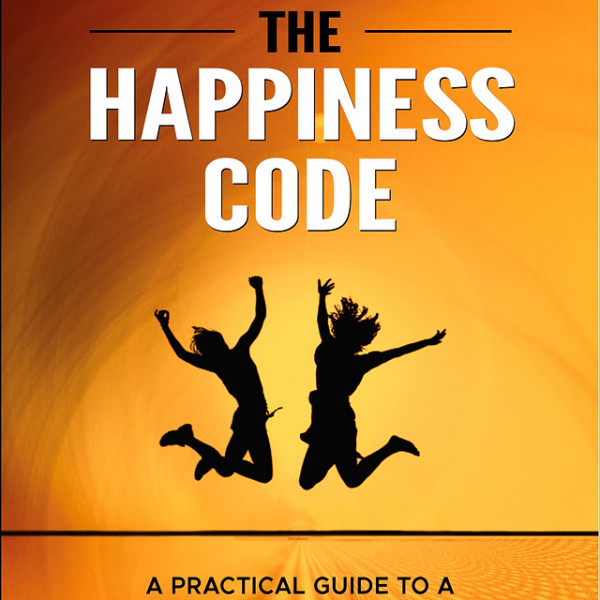
The Axeman’s Carnival
Written by: Catherine Chidgey
Te Herenga Waka University Press
Reviewed by: Kerry Lee
One author that I have had the pleasure of reading in recent memory is New Zealand novelist Catherine Chidgey. Her writing style captures the imagination like no one else and really gets the emotive juices flowing. One minute her stories make you cry, and the next you’ll find a little smile sneaking its way onto your face. I felt this way about her last novel Remote Sympathy, and while the story did break my heart, there were also moments of joy sprinkled in.
The Axeman’s Carnival is no exception. This time the protagonist is a young magpie named Tamagotchi (named after the toy from the 80s), or Tama for short. Saved by humans at a young age, Tama finds himself struggling to find his place in a human world.
While he’s undoubtably the star of the show, I would be remiss if I didn’t mention his human parents: Marnie who initially rescued him, and her farmer husband Rob, the titular axeman whose farm is in a precarious situation. While Tama is the window through which readers see the world, and he is the source of much of the book’s humour, it’s Marnie and Rob who provide the tension and keep the plot moving forward.
Tama makes the most refreshing hero I have come across yet. He makes innocent observations about everyday human life – details that seem mundane to us but come across to him as unfamiliar and strange. This adds a real breath of fresh air to the classic fish-out-of-water plotline. His distant relationships with other magpies, especially his original father, create an interesting dynamic where it’s hammered home how alien he now appears to his birth family. I loved this complexity as well as the bird’s unique take on humanity.
There really are no downsides here. It all gels together, there’s no filler or fluff; everything works and comes together to create an incredible read. If you can get a hold of The Axeman’s Carnival,
get it.












